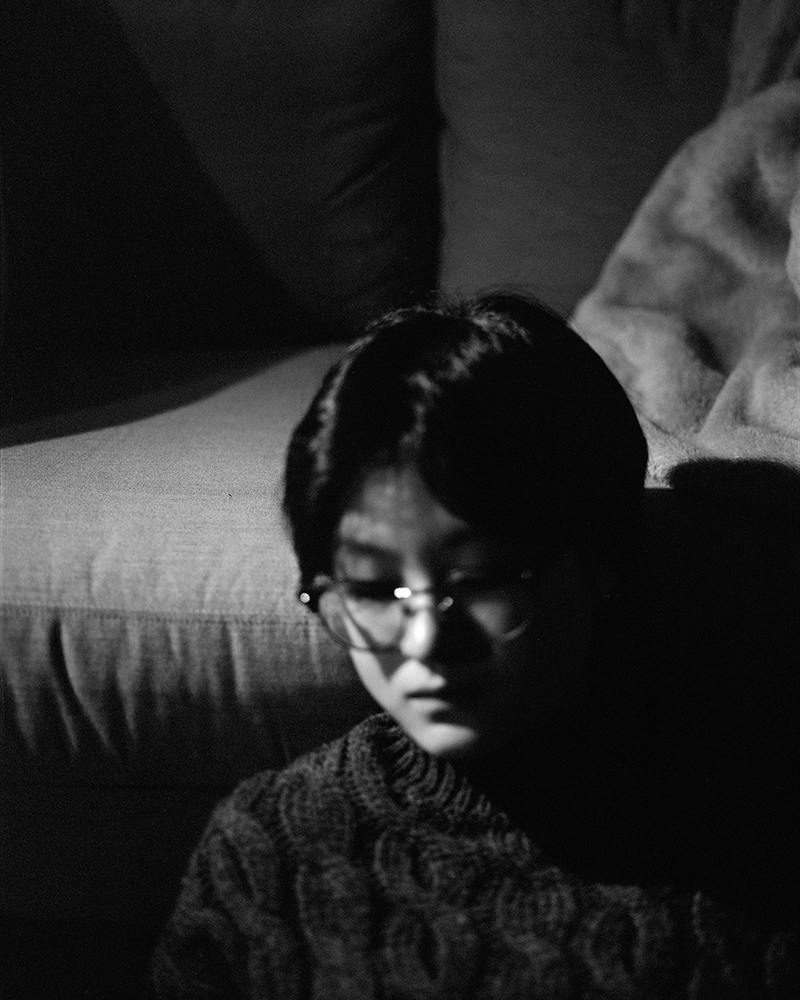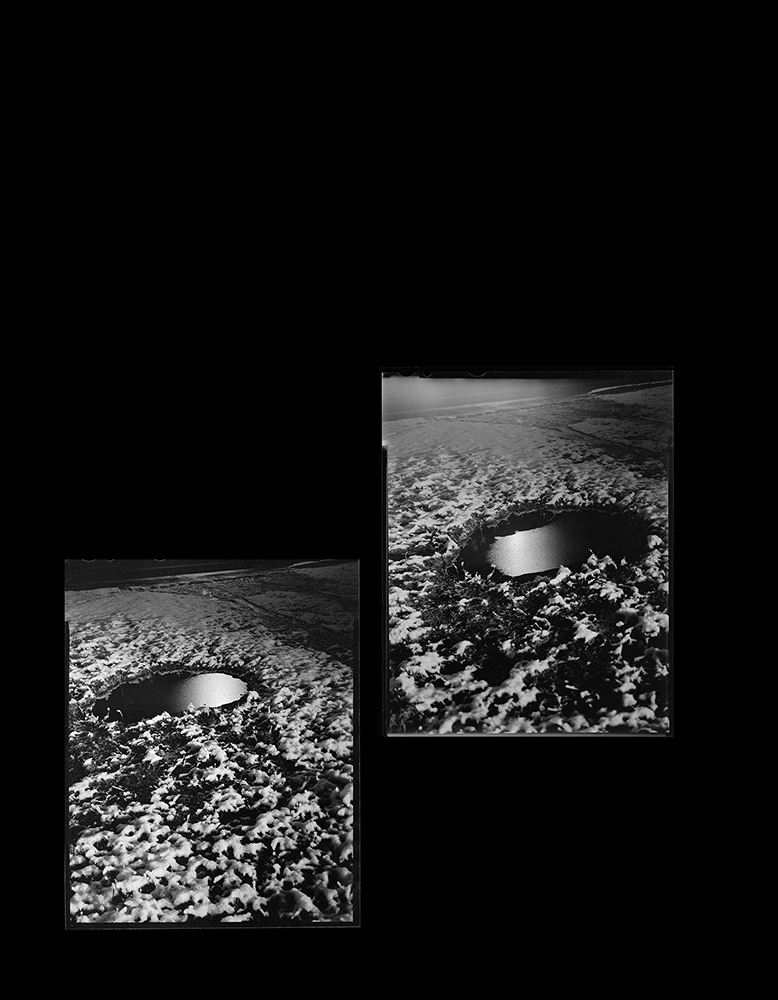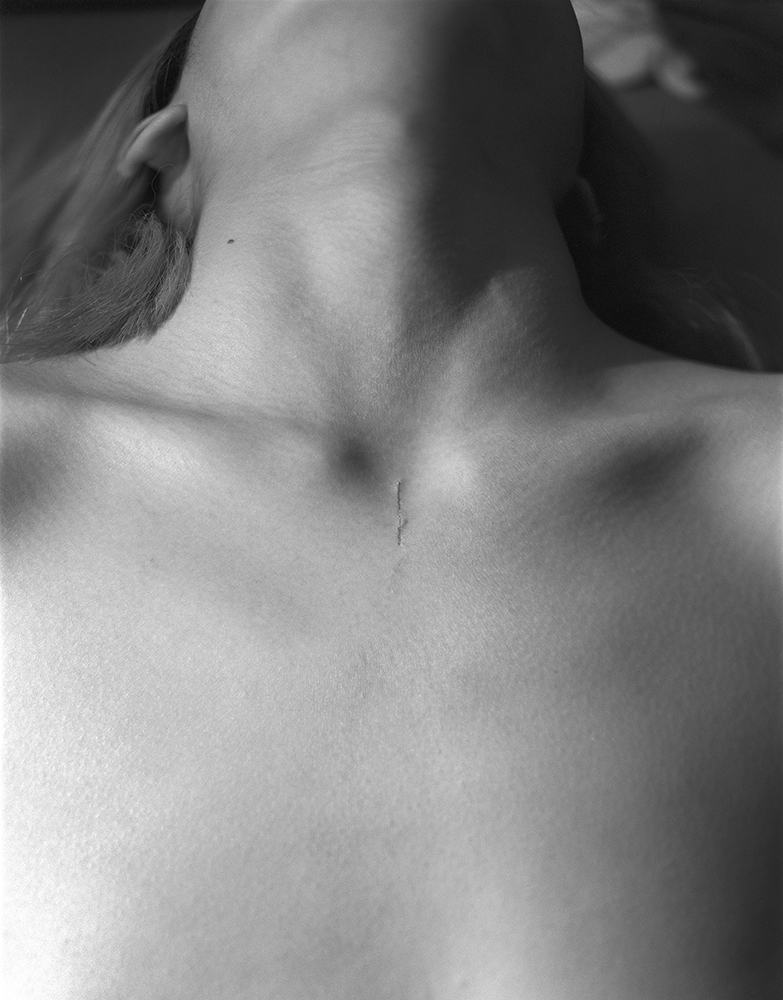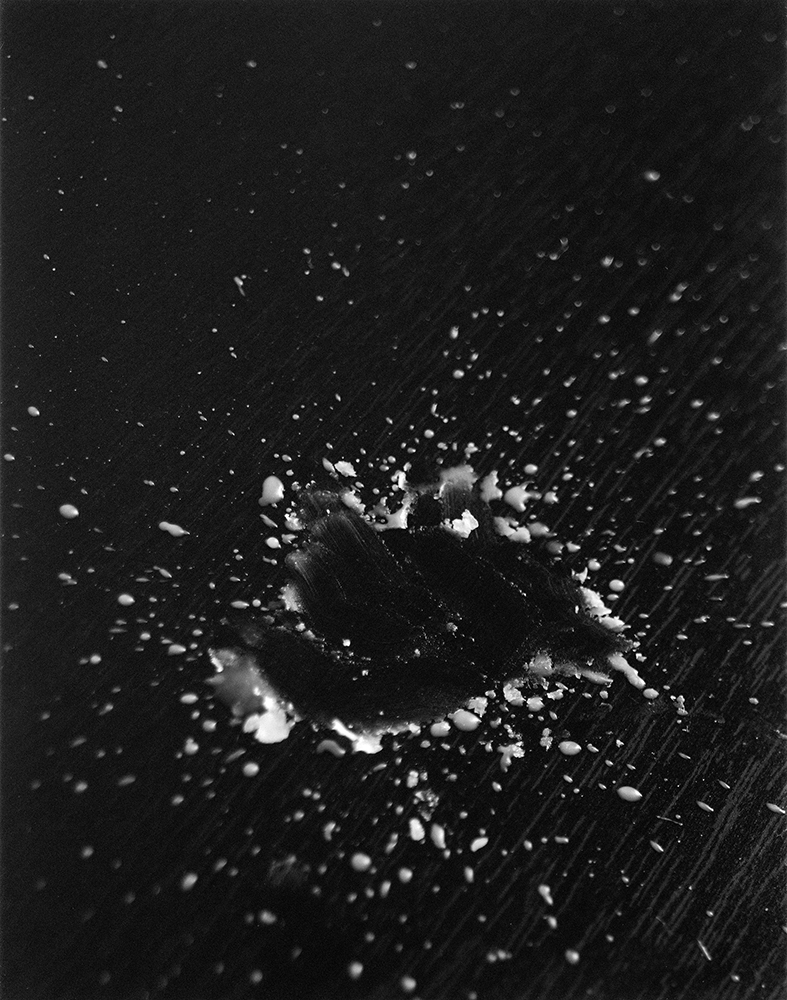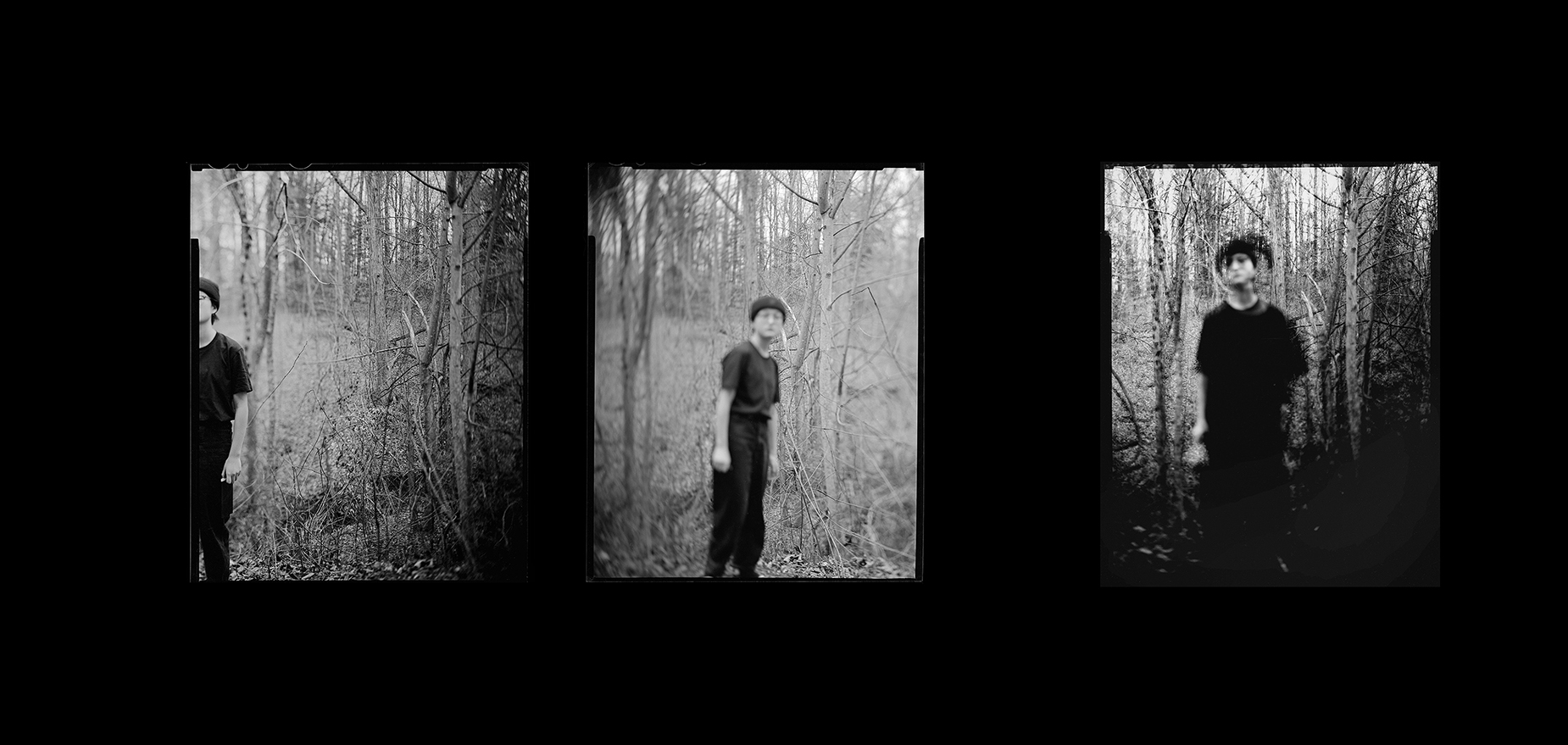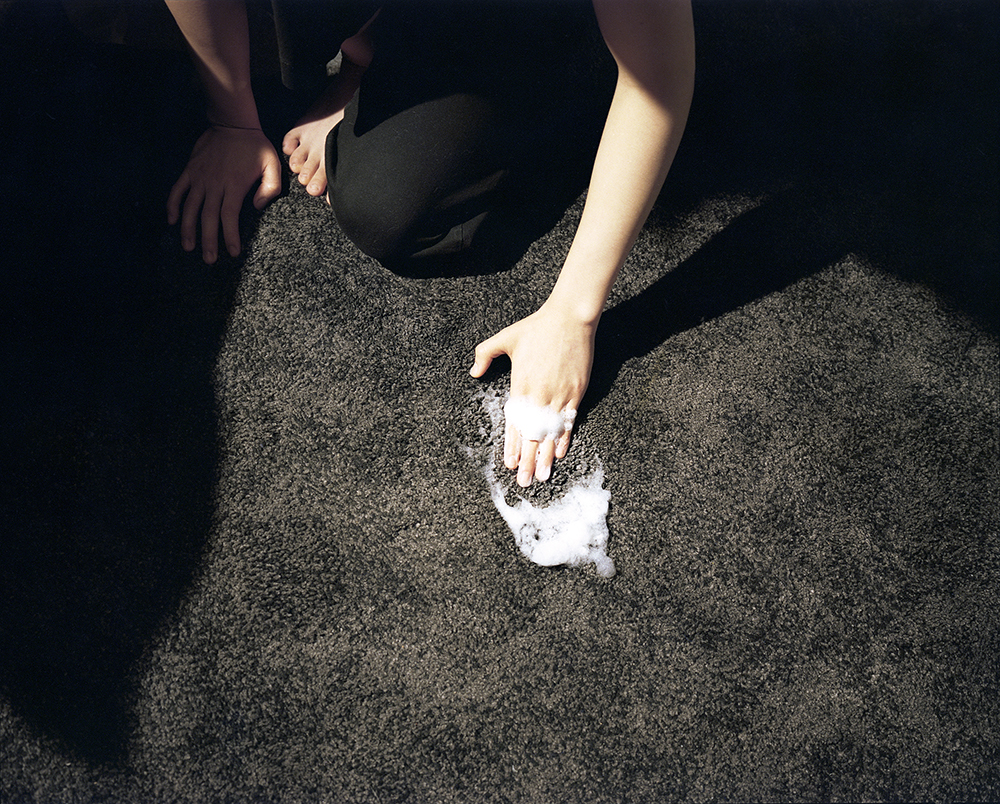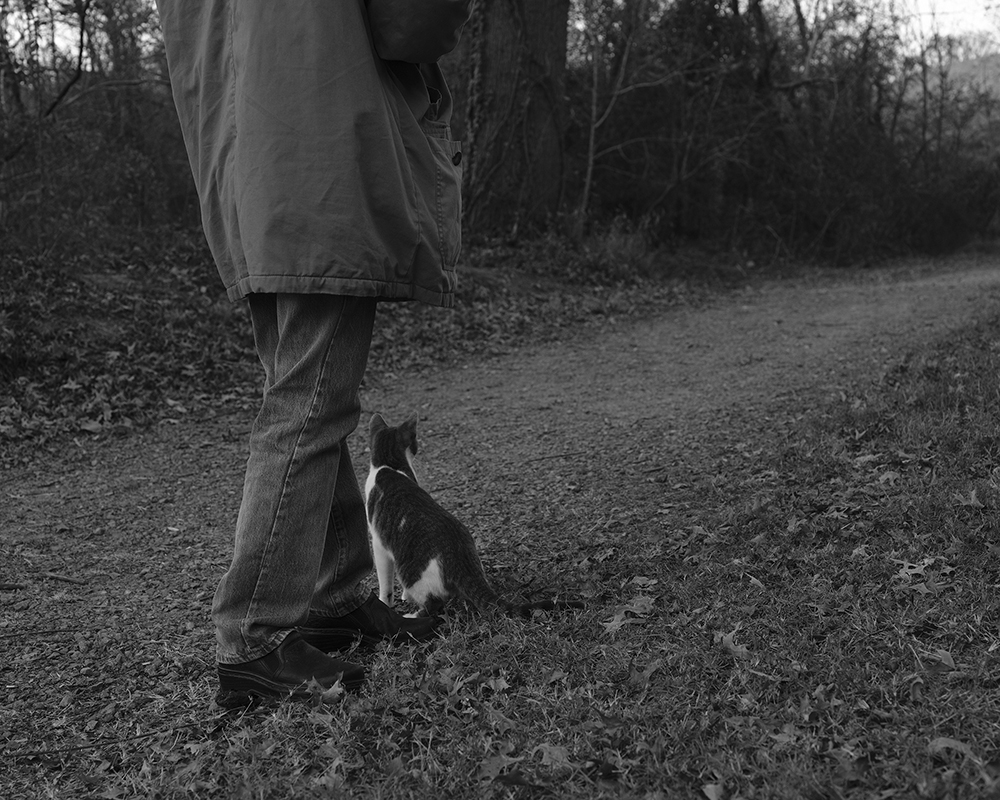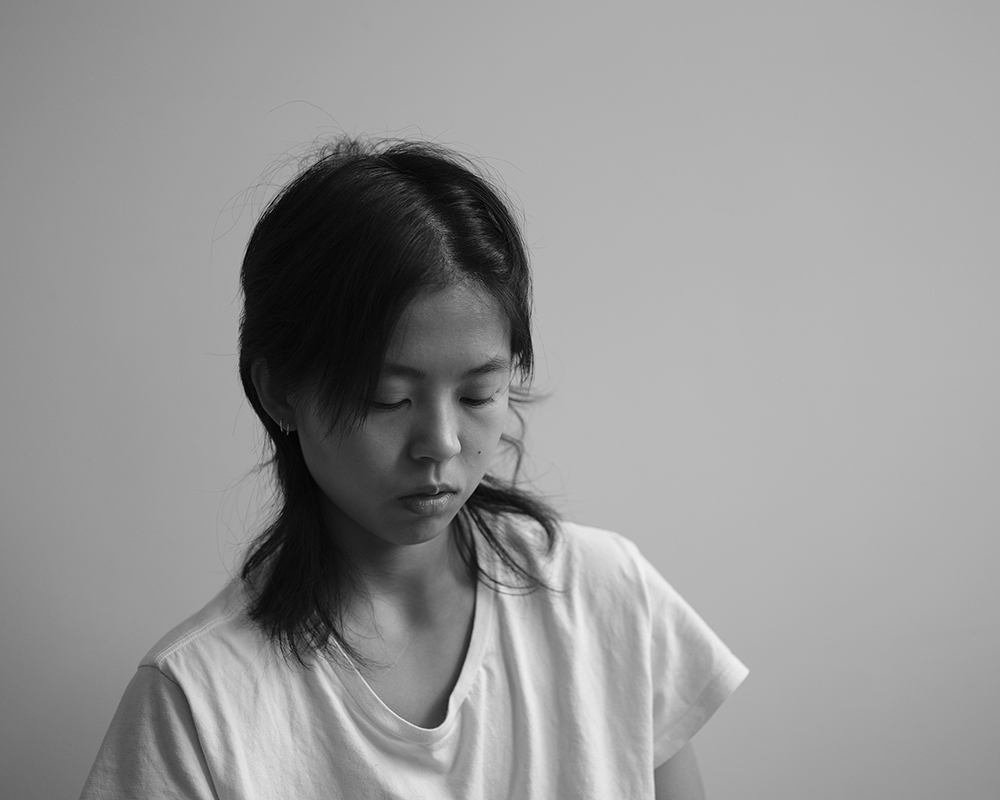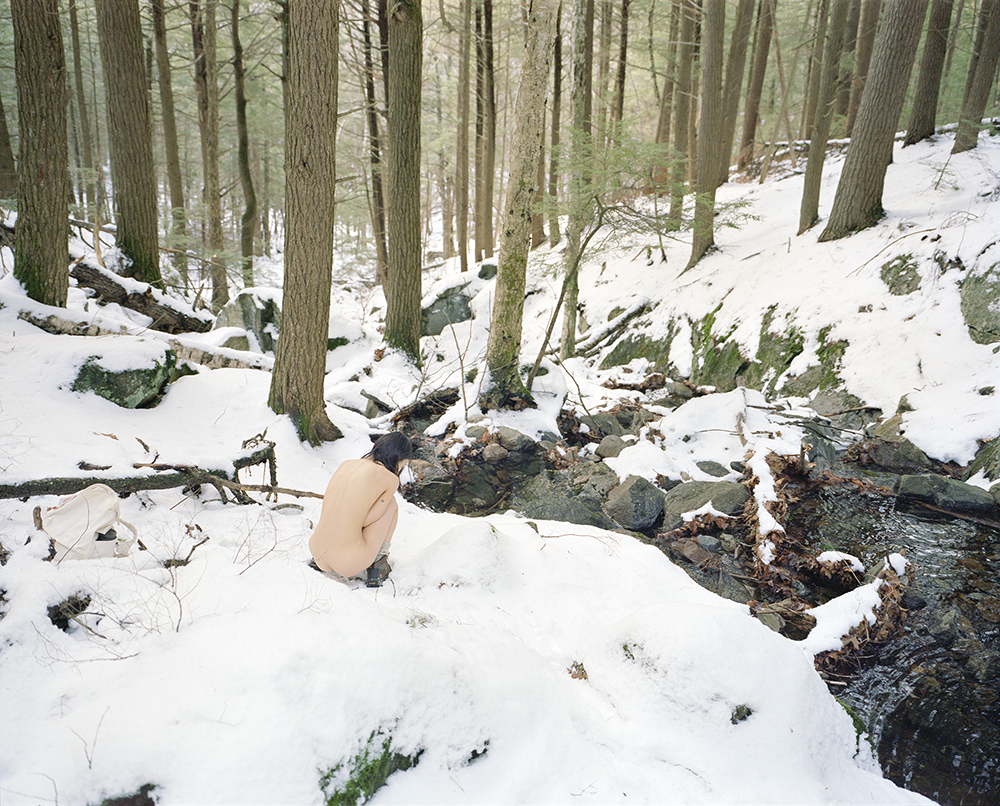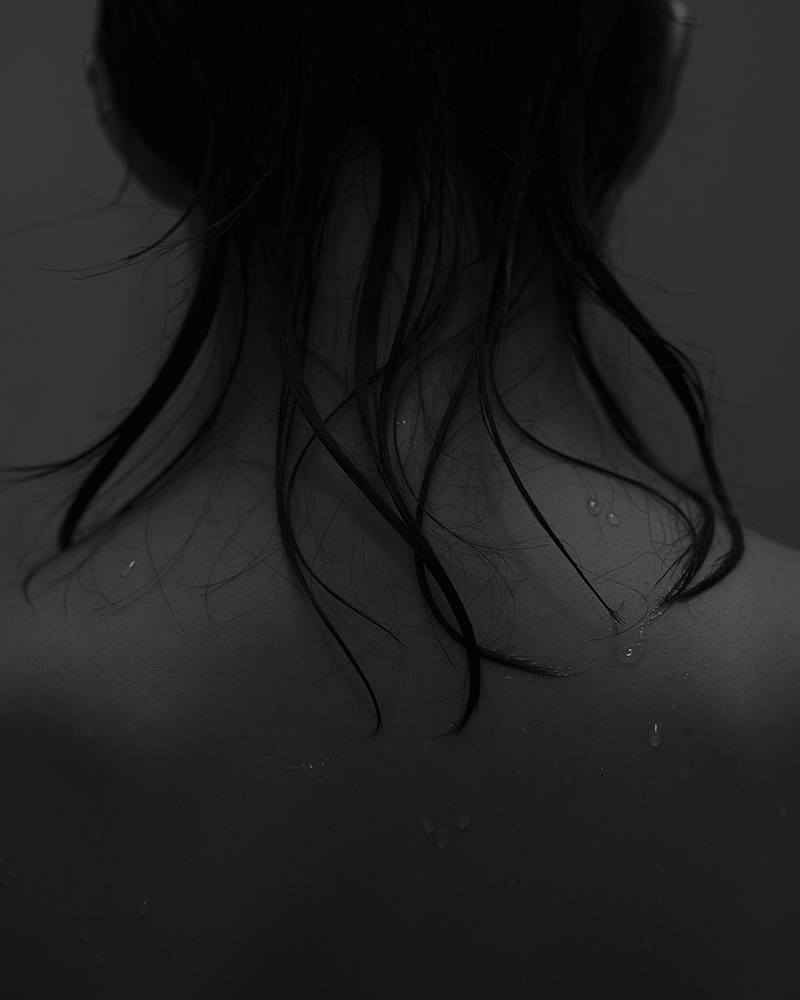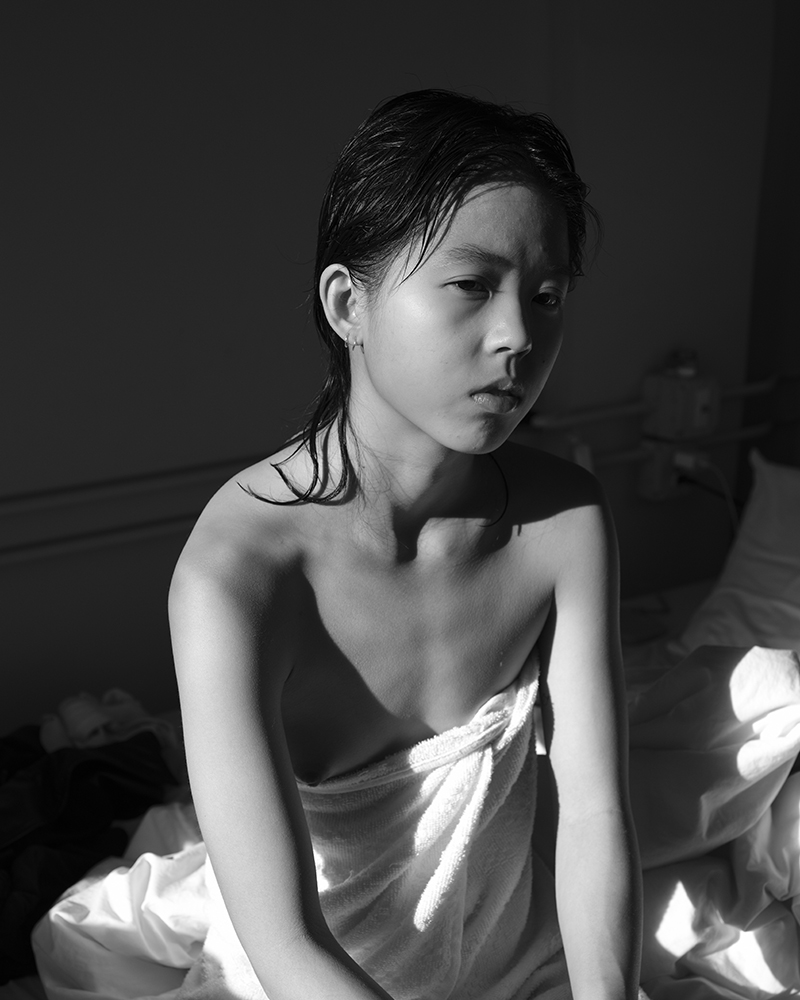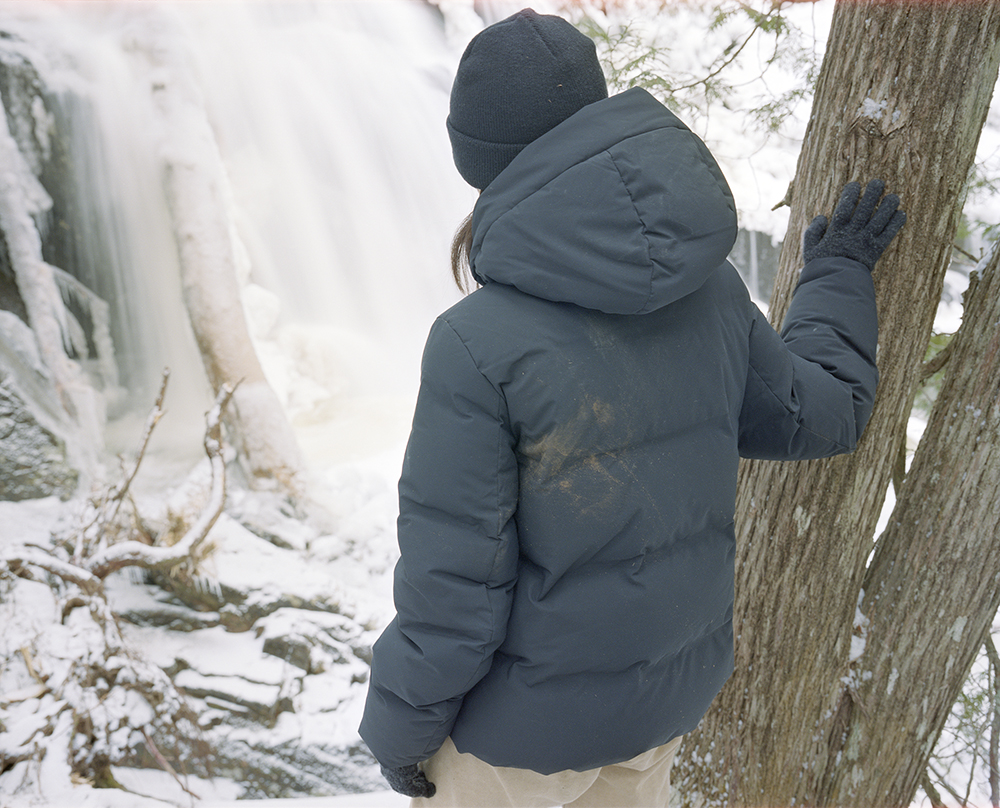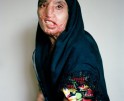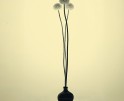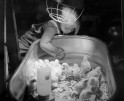Iris Wu: Echo Fragments
Projects featured this week were selected from our most recent call-for-submissions. I was able to interview each of these artists to gain further insight into the bodies of work they shared. Today, we are looking at the series Echo Fragments by Iris Wu.
Iris Wu is a lens based artist living between Richmond, VA and Guangzhou, China. She graduated from the College of William & Mary with a double major in Studio Art and Mathematics.
Echo Fragments
I photograph my everyday life as I navigate my identity and seek to understand life at this time, at this age. I attempt to keep track of and reconfirm my existence through photographs. In the past few years, as I navigate coming of age and all of the uncertainty which has come with it, my photographs have become marked by a sense of loss, absence, and a desire to make sense of the world. Much of this, I do through photographing myself, my partner, and our shared life. As I do, I’ve slowly begun to see traces of myself in portraits of her and the traces of her which linger in and around me.
Daniel George: After the beginning of the pandemic, what got you thinking about embarking on this project?
Iris Wu: It was of a time but not a product of that time. The project would have transpired in some capacity regardless, my immediate life is always my subject, but I’m sure the pandemic informed it in some unconscious way.
DG: In what ways did you collaborate with your partner in this work?
IW: We collaborated in the sense that the experiences that I’m interested in recording or depicting are the ones we share. In that way it’s a reflection of how the both of us are navigating space and time. Indirectly, we discuss nearly everything with each other. Ideas are always being passed back and forth and I’m sure that influences me as well.
DG: You mention that this is a shared journey of “searching and reminiscing.” What would you say you found throughout the completion of the project? Or do the questions of uncertainty remain? Are answers attainable?
IW: I don’t think the project is really complete yet and I’m not sure if my relationship with uncertainty has to do with finding answers. They might be attainable, they might not be.
DG: When exhibiting these images, you vary the size and placement on the wall. Could you talk more about this decision?
IW: I like the bodily engagement involved in viewing photographs less linearly. I think some images, like the ones in this project, benefit from being objectified in that way. It was also just something I wanted to experiment with at the time.
DG: You write that through your photographs, you are trying to better understand “life at this time, at this age, and face the struggles that are often part of coming of age.” In what ways do you feel the photographic medium effectively lends itself to this sort of contemplation?
IW: The way I use pictures is memory driven. Photographs, very bluntly, freeze time in a way- it’s a record of an instant. And over time, even just a few months, people, places, and things change noticeably. Reflecting on even superficial changes like haircuts and clothing can lead to surprising self reflections.
Posts on Lenscratch may not be reproduced without the permission of the Lenscratch staff and the photographer.
Recommended
-
Scott Offen: GraceDecember 12th, 2025
-
Izabella Demavlys: Without A Face | Richards Family PrizeDecember 11th, 2025
-
2025 What I’m Thankful For Exhibition: Part 2November 27th, 2025
-
2025 What I’m Thankful For Exhibition: Part 3November 27th, 2025
-
2025 What I’m Thankful For Exhibition: Part 4November 27th, 2025

